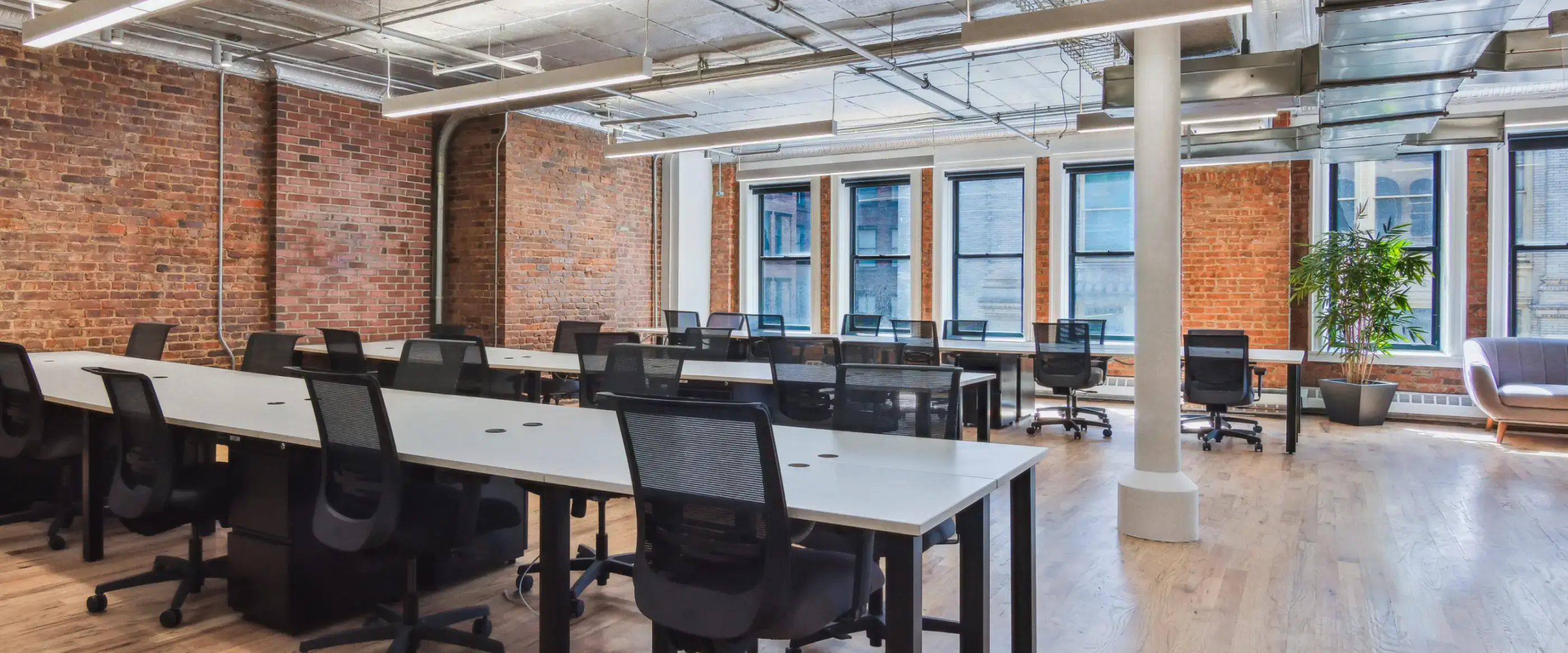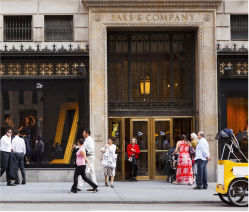Grow your business.
Leave the rest to us.
Cost-effective, hospitality-inspired, and scalable private offices, coworking, and meeting spaces in Manhattan.
A full building filled with flexible workspaces
Whether you’re a solo professional, a satellite employee, a growing company, or an enterprise organization, Work Better was thoughtfully designed to empower better workdays through every stage of your business journey, from the ground floor to the rooftop.
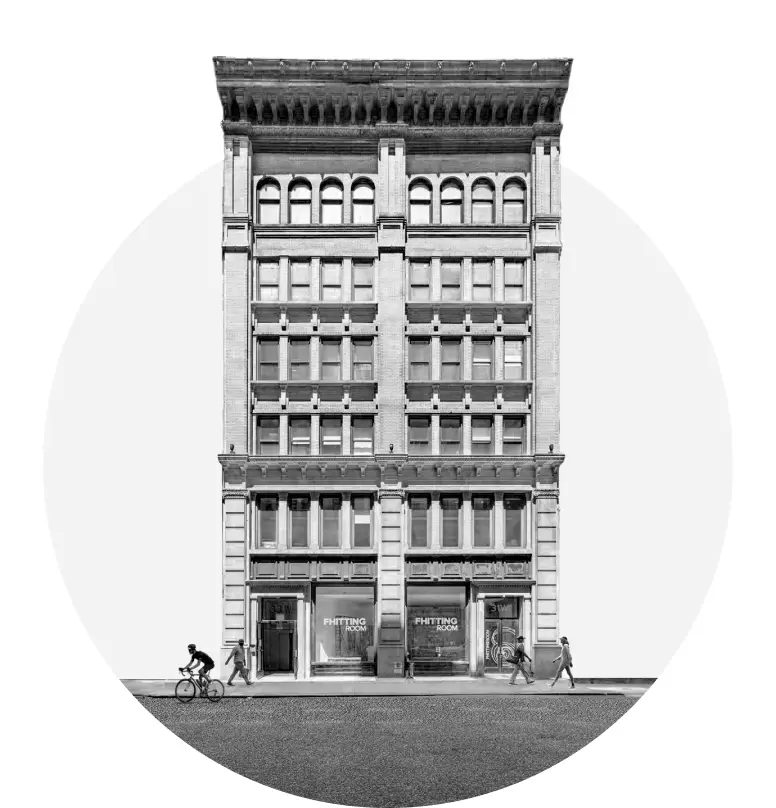
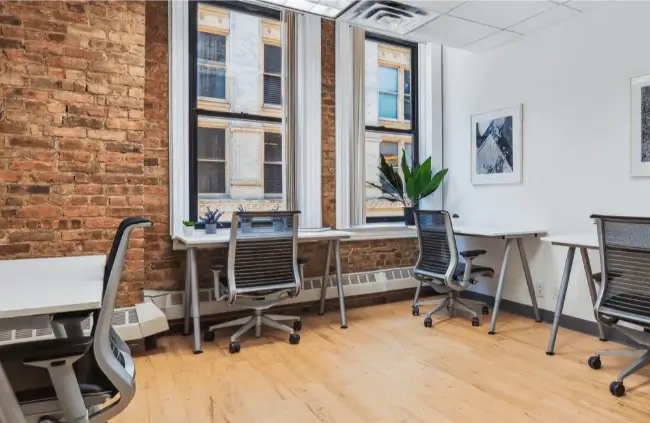
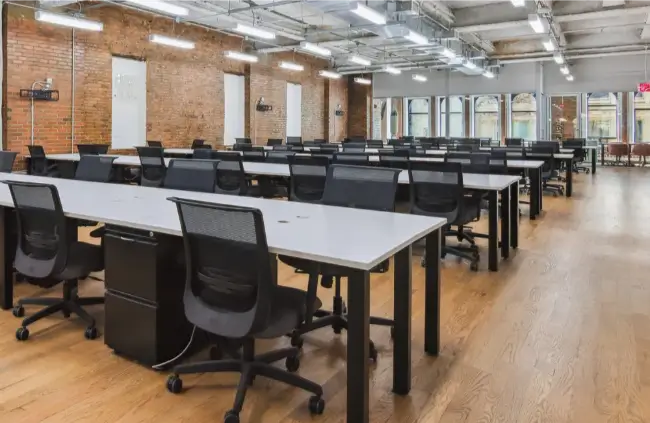
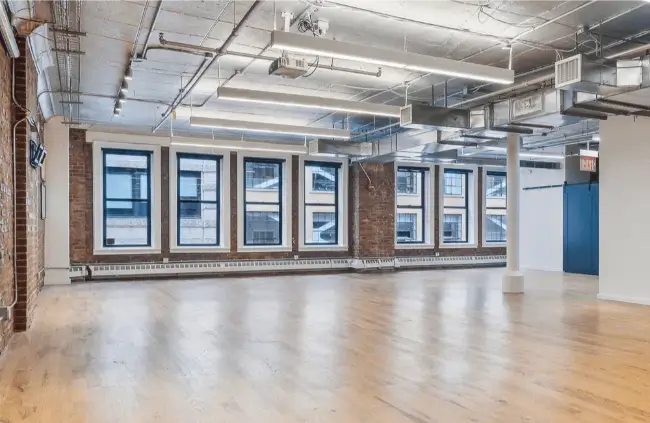

Flexible Workspace
Office Space
Get a private workspace for yourself or your team and enjoy full access to our professional community and amenities.
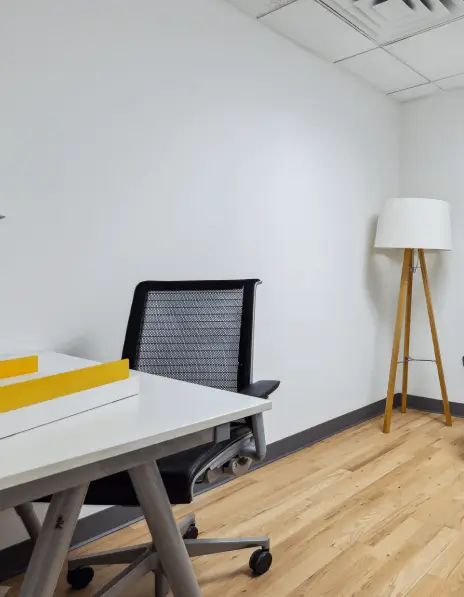
Private Offices
Settle into a turnkey, lockable, and customizable furnished office for 1 to 4 people.
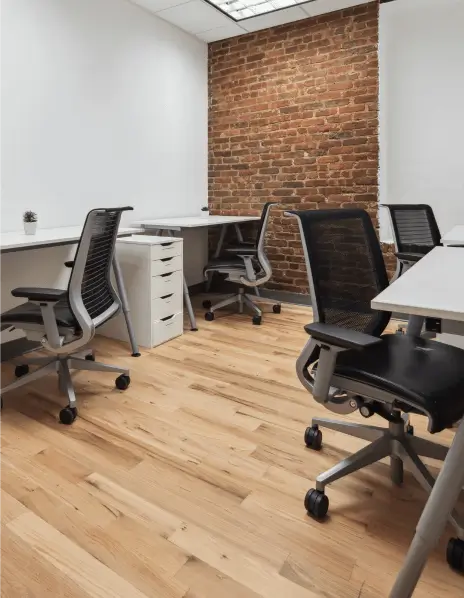
Team Suites
Get your own fully private workspace that can accommodate teams between 2 and 8 people.
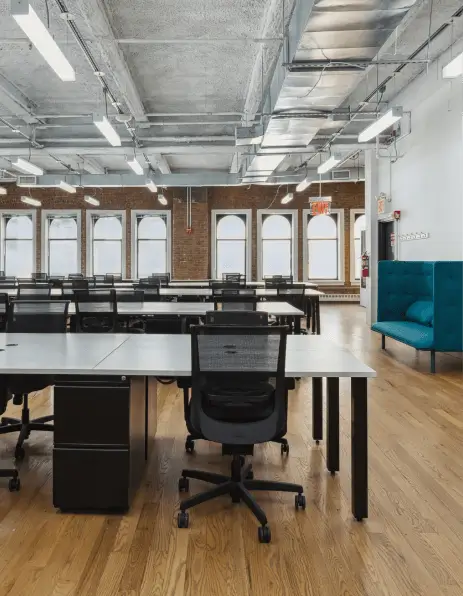
Enterprise Offices and Full Floors
Find your company’s next headquarters with a self-contained office featuring desks, meeting rooms, and a private elevator.
Coworking Space
Work when, where, and how it suits you best with flexible and dedicated workspace options for on-the-go professionals.
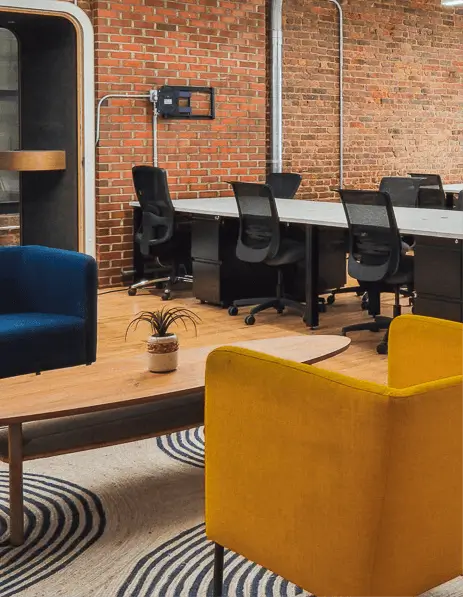
Coworking
Work when, where, and how you want with access to any available desk in our communal workspace area.
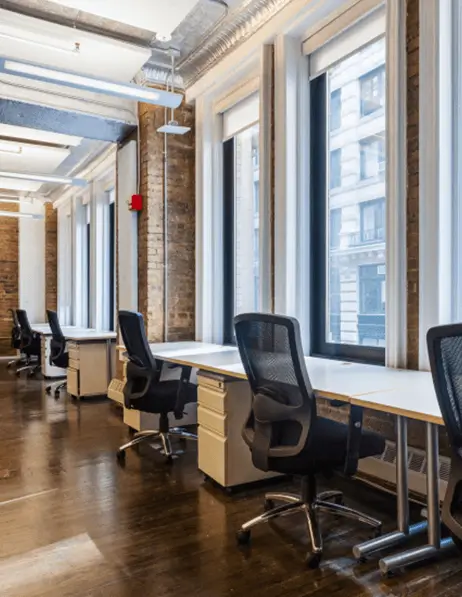
Dedicated Desks
Come in, sit down, and get to work at your own dedicated workspace equipped with a desk, chair, and filing cabinet.
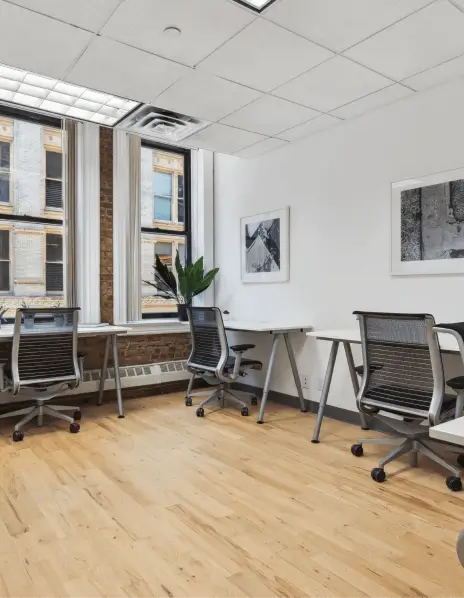
Day Offices
Get access to one of our private offices when you need it without paying for a workspace when you don’t.
Meeting and Event Space
Work when, where, and how it suits you best with flexible and dedicated workspace options for on-the-go professionals.
Meeting Rooms and Conference Rooms
Connect with your colleagues and clients in one of our 12 fully-appointed meeting and conference rooms.
Book Meeting RoomsEvent Space
Host unforgettable personal or professional events at one of the most unique venues in Manhattan.
Explore Event SpaceTestimonials

Jeffrey Levine
"I have been at this location for 5 years, and I would not even consider moving unless something happened to the building! The staff are friendly and supportive, and really work to make everyone feel welcomed. When things go wrong (as happens everywhere) they are quick to call in the appropriate service. You never feel that you are "just another tenant".""
GoogleMember Benefits
With your Work Better membership, you gain access to a range of member benefits and professional support to make your workdays easier and more efficient.
Amenities
Your workspace is only the beginning. Take advantage of a full suite of amenities that have been thoughtfully implemented to offer a better professional and personal experience.
Our Space
Discover 6 full floors of shared workspace and premium amenities to make your work better.
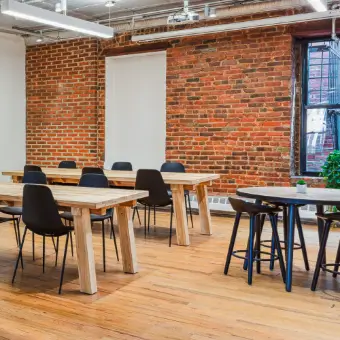
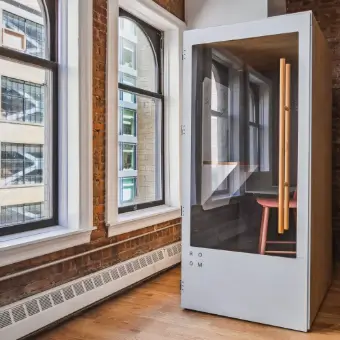
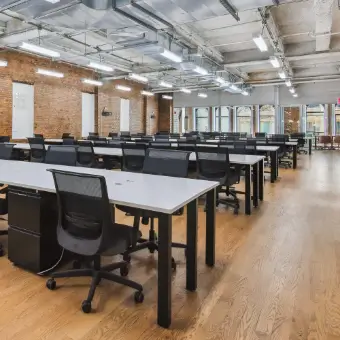
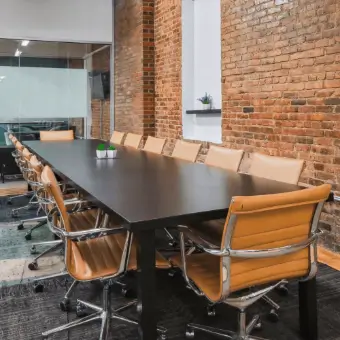
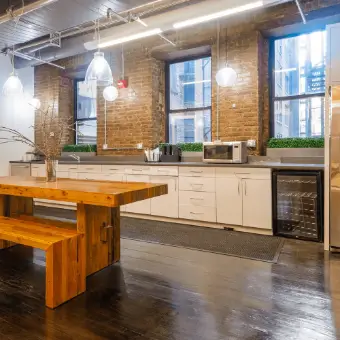
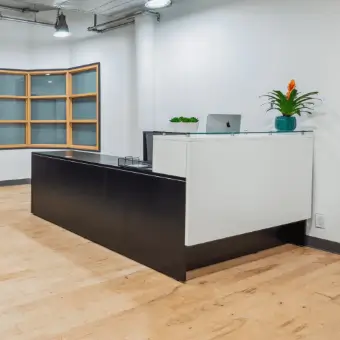
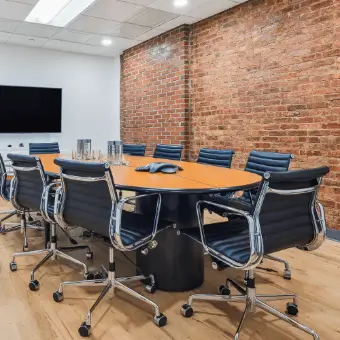
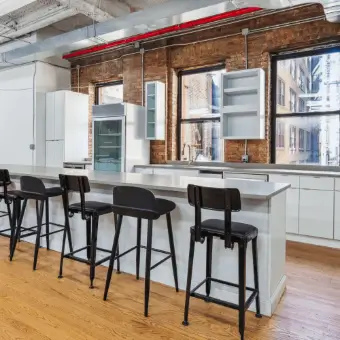

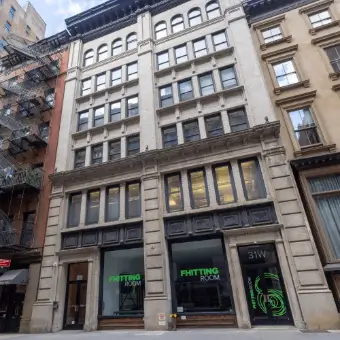
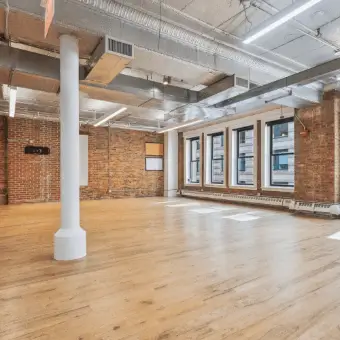
Our Location
Centrally located in Chelsea, Work Better puts you just steps away from Manhattan's best retail, hospitality, and landmark destinations.
Discover a Better Way to Work
If you are interested in learning more about Work Better or exploring our membership options, we invite you to book a tour of our space today
Book A Tour